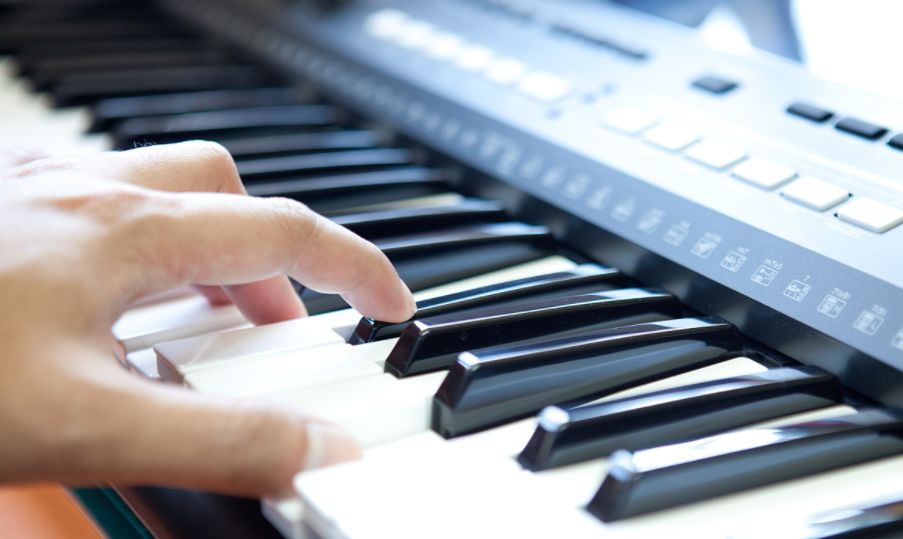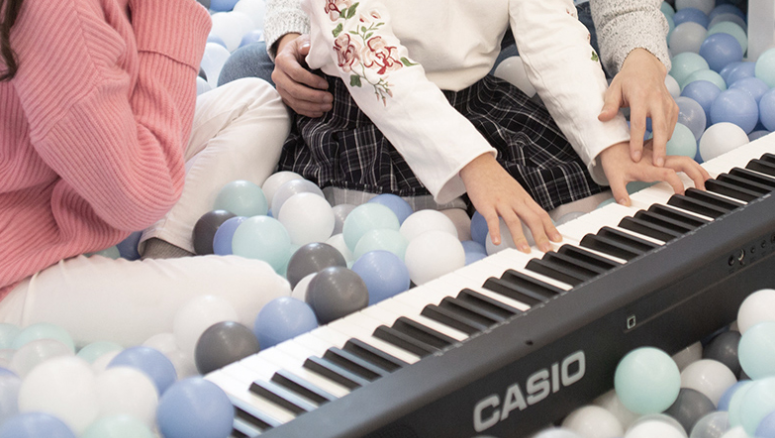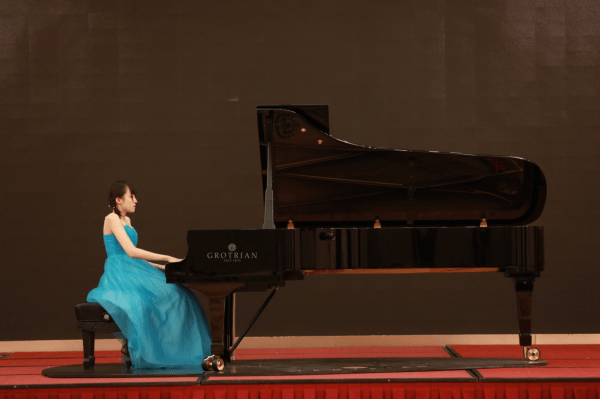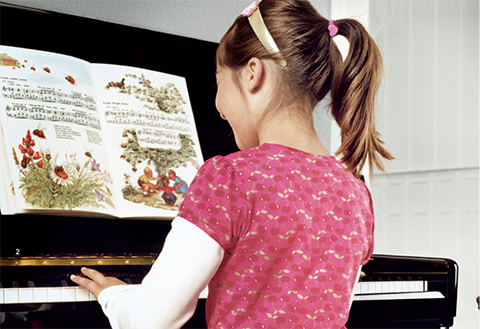The choice for beginners to buy a piano, piano? Electric piano? Electronic organ?

For kids who are just starting to learn piano, or for parents buying an instrument for their kids, one of the most daunting tasks seems to be finding the best piano for beginners. With so many different brands, types, shapes and sizes, it can be difficult to choose the right product to meet your needs.
Keyboard (Electronic organ)
Typically, keyboards are smaller and lighter. They don't have weighted keys, making their keys easier to press. This may be ideal for young beginners who want to start discovering music and learn the relationship between all the different notes. It's worth noting that a keyboard without weighted keys feels very different from a traditional acoustic piano. Some keyboards are very small, only a few octaves (12 notes in an octave) - the bigger the keyboard, the more notes.
If you're serious about learning how to play the piano or even starting to prepare for a grade, rather than having a little fun, then you need an instrument with 88 weighted keys. So you need to look at a digital piano or an acoustic piano.

Digital Piano (Electric Piano)
Of the three keyboard instruments, this is the most popular choice for beginners to learn to play the piano. Use weighted keys to get closer to the feel of playing an acoustic piano, which is what you'll be taking the exam for. As with many things, the more money you pay, the better the product you get. As the budget increases, the more authentic the keys feel. The advantages of having a digital piano instead of an acoustic piano include being able to adjust the volume, use headphones for silent practice, they never need to tune, and they usually have a variety of different sounds besides the piano.
Digital stage pianos are relatively portable. The Casio CDP120 is an entry-level piano with 88 full-size keyboards and a step-by-step heavy-action structure, which is good enough for learning the basics of the piano. But it probably won't be more than a few levels - as you progress, your technique will require better keyboarding. If you are just trying to learn piano, then this is a good choice.
piano
The piano is one of the best options for beginners to learn to play. However, there are some things to consider. They need to be conditioned regularly (about every 6 months) and can adjust to changes in humidity and temperature. They are also heavy and hard to move! At the same time, their cost is quite high.

How to choose a piano?
If you want the body (the exterior finish of the piano) to be a specific color or style of wood, it's best to look for that color in a high-quality piano. If you go to Piano City and find a favorite instrument, but need a different color, carefully consider purchasing the same model in a different color.
Tactility represents how a key responds when played, and how that response feels to the player. Unless you're a skilled pianist, it won't make much sense to you. But when you or your child starts learning, touch will be a key factor in piano development. If your piano provides too much key pressure, it can be very difficult for beginners (especially small children). On the other hand, if the piano doesn't provide enough resistance, it's just as frustrating that it's hard to control how hard the piano strikes the strings. A beginner piano should have a gentle touch, or light for a small child.
Every piano has a unique tone. Some tend to be louder than others, some have a brighter tone, while others have a warmer, softer tone.

Sit back, relax, really listen to each piano, and ask yourself which sounds are most pleasing to you. A good piano salesperson wants you to be happy with your purchase, and should allow you to make choices that make you happy.
Pianos with plastic parts don't sound as good as pianos, and they wear out or get damaged more quickly. Boxes should be made of veneered wood, not plywood, cardboard or compressed wood chips. The pedals should work smoothly and silently. A piano with 3 pedals is not necessarily better than a piano with 2 pedals. A piano only needs a sustain (right) pedal and a soft (left) pedal. If there is a middle pedal, it can hold a selected note, keep only the bass, or mute the entire piano for quiet practice.
The piano should have 3 strings per key for higher notes and 2 strings per key for most lower notes. The keys should all work! Make sure none of them sink after playing and no notes rattle or buzz.
Should beginners choose piano or electronic organ?
Does the child learn the piano, the electronic organ or the piano?
The entry is to learn the electronic organ first or directly learn the piano
Piano or electronic keyboard for beginners